Winter is deceptive. Unlike summer, where high temperatures make you sweat and keep you thirsty, your body can be fooled as those temperatures dip.

Don’t rely on feeling thirsty to decide when you need to drink. The truth is: you need your water just as much when it’s freezing outside, as you do when it’s hot.
Your body is still your body; it’s more than 60% water and it needs refueling in every season. Your skin, bones, and organs depend on hydration to keep you healthy.
Winter Dehydration Facts
"The amount of water that you take in should match the amount of water that you lose. The air is drier in winter (low humidity) so we lose more water as we breathe."

For most of us, 64 ounces of water a day, or 8 glasses, is about right. If we’re exercising, we need more. If you’re layered up, you can sweat. So even if you don’t feel thirsty, drink up.
"The kidneys can reduce the amount of water that we lose in urine, but to do this they concentrate the urine. Drinking more water compensates for what we lose while breathing dry air, and allows the kidneys to excrete water to dilute urine."
Always carry your water bottle with you. It’s probably part of your summer routine, so don’t change your healthy habits in the winter.

If it seems too frigid for cold water, heat it up. Decaffeinated tea, hot cider or warm water with lemon can warm you up and still be beneficial. When you’re at home, some fresh fruits or vegetables along with your water will keep you hydrated.

So enjoy the season and keep track of all that water you’re losing as your body works harder to stay hydrated. The simplest way to make sure you’re on track is with the world’s smartest water bottle.
Check back here for more “Ask the Expert” health tips and facts.
About our Expert
Dr. Joshua Thurman, MD is a board-certified nephrologist and Professor of Medicine specializing in renal medical diseases and hypertension at the University of Colorado School of Medicine. He received his medical degree from the University of Chicago Pritzker School of Medicine and his undergraduate degree from Harvard University. He has been in practice for more than 22 years.






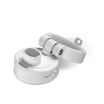
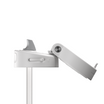
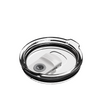
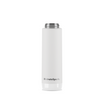
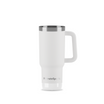
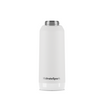
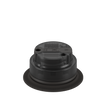


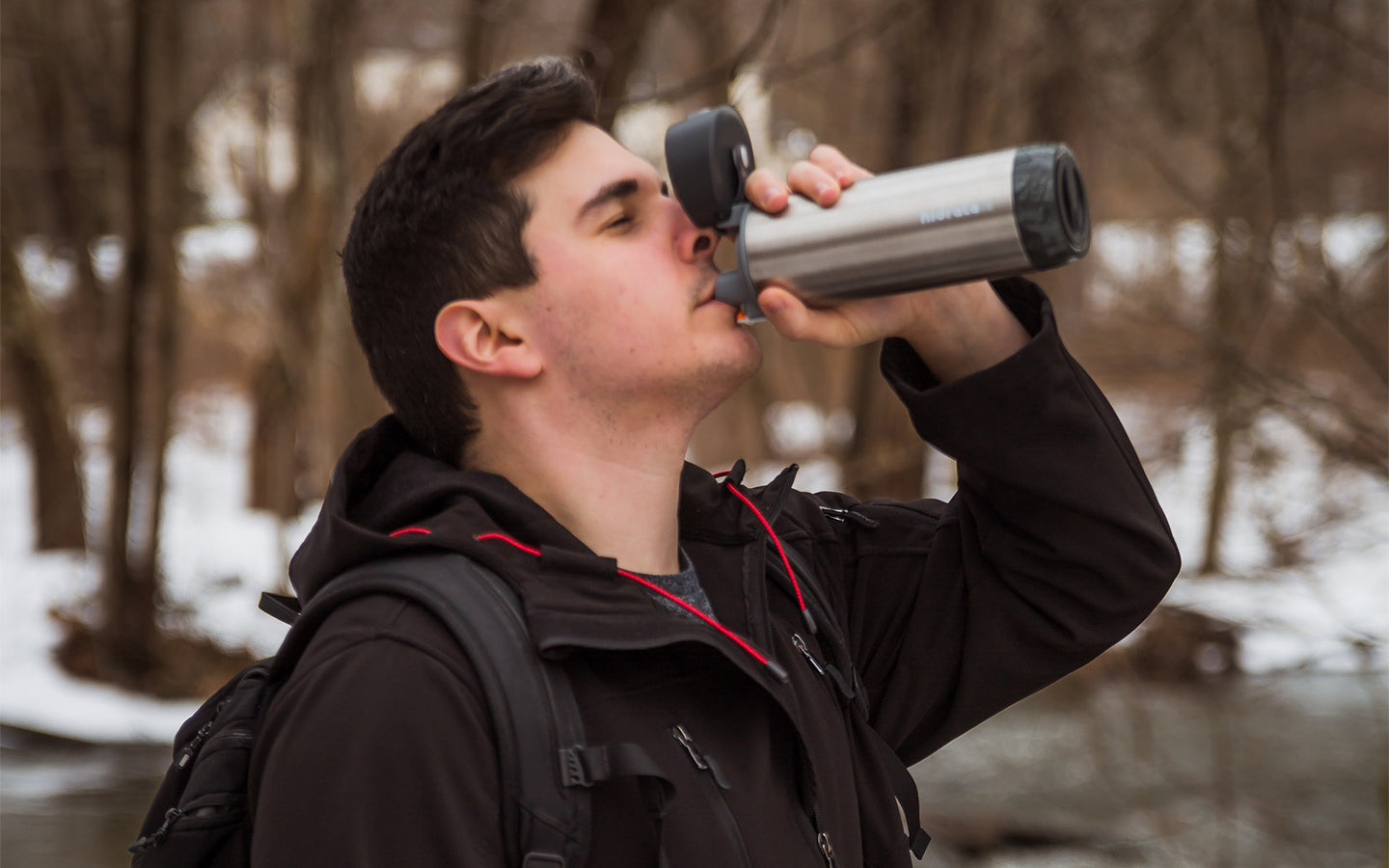

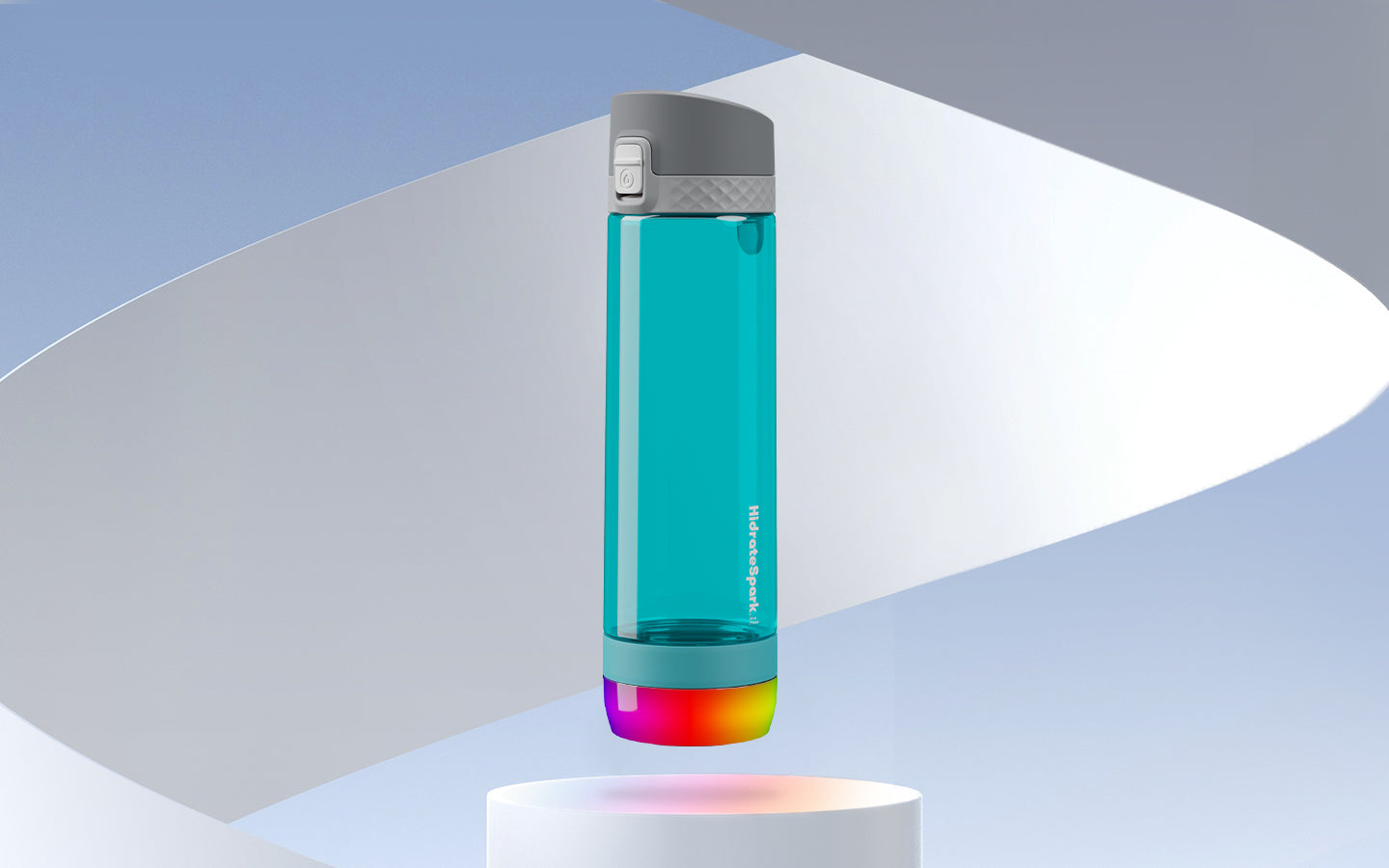
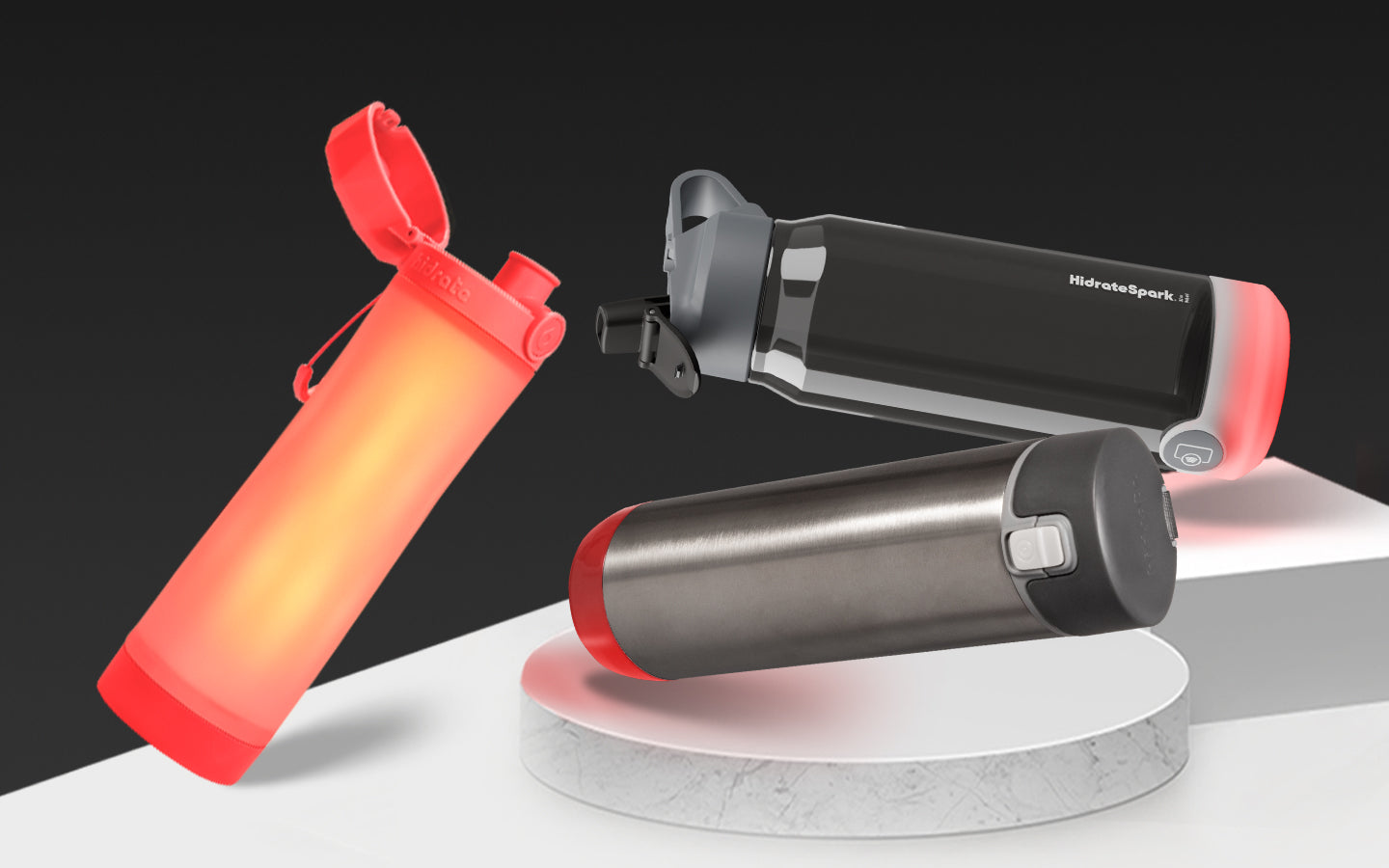
Leave a comment
This site is protected by hCaptcha and the hCaptcha Privacy Policy and Terms of Service apply.